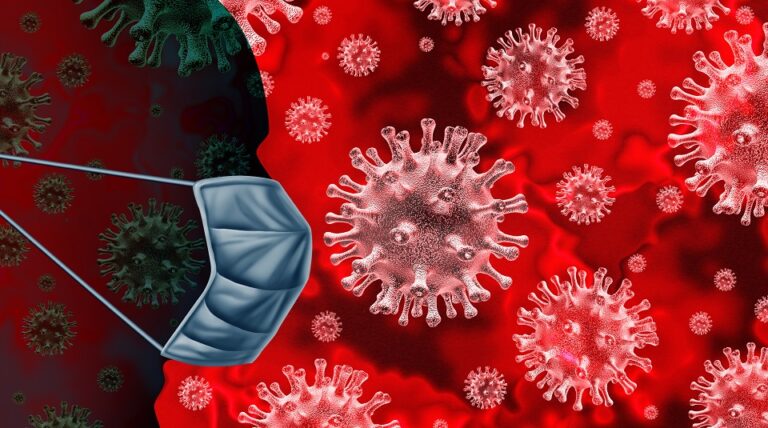
You probably don’t give much thought to your thyroid, but the small butterfly-shaped gland in your neck—normally measuring between 4 and 6 centimeters or 1.5 to 2.5 inches wide—has a huge impact on your entire body.
The thyroid produces thyroid hormone (TH), which regulates your body’s metabolism, heartbeat, temperature, mood, and other important processes—reaching out to nearly every, single cell in your body. More than 30 million Americans have a thyroid disorder and an excess of 60,000 Americans are affected by thyroid cancer annually.
If you’re relatively young and otherwise healthy, you may not be too concerned with the “c” word.
Here’s what you should know:
2 in 3 cases are in people younger than 55
Though cancer in general is rare in young people, most thyroid cancer patients are younger than 55, and about 2% of thyroid cancers occur in children and teens. “It is not that thyroid cancer is ‘plaguing’ younger people, but cancers that are common in older people, like prostate and lung, don’t occur in younger people,” says Melanie Goldfarb, MD, endocrine surgeon and director of the Endocrine Tumor Program at Providence Saint John’s Health Center in Santa Monica.
She also adds that thyroid cancer is the number-one cancer in women ages 15 to 29 and the second most common (behind breast cancer) for women ages 30 to 39.
Women are more at risk
Women account for 75% of all thyroid cancer cases, but experts aren’t sure why, says Steven I. Sherman, MD, associate vice provost and clinical research chair at the University of Texas MD Anderson Medical Center in Houston. “There is a correlation between increased risk for thyroid cancer for a woman between the puberty and menopause years, but there are no conclusive results it has anything to do with hormones,” says Dr. Sherman.
Some studies suggest estrogen is a growth factor both for benign and malignant thyroid cells, further suggesting gender plays a role in the prevalence of thyroid nodules and thyroid cancer, though more research is needed to solidify this claim.
Symptoms can be sneaky
“Most patients don’t have , but could have discomfort in the neck or feel a lump,” says Kenneth D. Burman, MD, director of the Endocrine Section at Washington Hospital Center in Washington, DC. “Patients with medullary cancer may present with unexplained diarrhea.”
There’s more than one type of thyroid cancer
About 80% of thyroid cancers are papillary carcinomas—the most common and least aggressive cancer of the thyroid. These grow very slowly and usually develop in only one of the two lobes that make up the gland. While papillary carcinomas often spread to the lymph nodes in the neck, these cancers can usually be treated successfully and are rarely fatal.

























